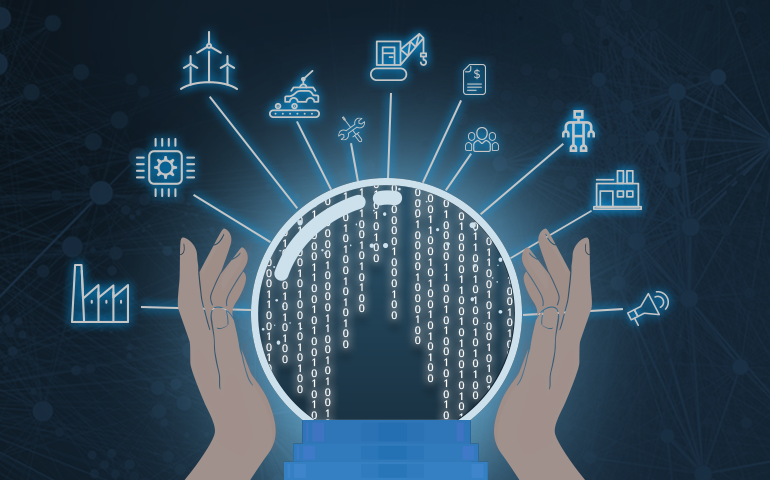The technology sector has been simmering for a number of years, but it’s about to reach a roaring boil. Slow strides have been made in the fields of machine learning and artificial intelligence (AI), but most of this progress has been limited to isolated situations, laboratories, and case studies. In the very near future, we’re going to see some of this technology enjoy mainstream application. What should you expect?

Understanding Machine Learning and AI
For starters, it’s important to clarify the relationship between artificial intelligence and machine learning – because it’s often misunderstood.
“First coined in 1956 by John McCarthy, AI involves machines that can perform tasks that are characteristic of human intelligence,” industry expert Calum McClelland says. “While this is rather general, it includes things like planning, understanding language, recognizing objects and sounds, learning, and problem solving.”
There are a couple of basic categories of machine learning: general and narrow. General AI has a multitude of characteristics of human intelligence, while narrow AI focuses on a specific use.
According to PinnacleART, “Machine learning fundamentally encompasses the capability of advanced software to recognize patterns, and then begins to learn from those patterns—meaning you are not manually programming the algorithm, telling the software what to look for in order to trigger an appropriate response.”
In the simplest form, machine learning is a way of achieving AI. It’s the vehicle through which AI becomes a reality. As McClelland says, “you can get AI without using machine learning, but this would require building millions of lines of codes with complex rules and decision-trees.” Machine learning “automates” this process by training algorithms to do the heavy lifting on its own.
4 Fascinating Trends and Predictions
Now that you have a fundamental understanding of what machine learning and AI are, let’s highlight a few of the more fascinating trends and predictions that are currently developing.
- Increased Personalization
“Retailers are already making waves in developing recommendation engines that reach their target audience more accurately. Taking this a step further, [machine learning] will be able to improve the personalization techniques of these engines in more precise ways,” data scientist Karl Utermohlen writes.“The technology will offer more specific data that they can then use on ads to improve the shopping experience for consumers.”
This is exciting from multiple perspectives. Customers get the benefit of having products and services tailored to their exact needs and preferences, while businesses are able to increase sales and enhance customer satisfaction (resulting in greater brand loyalty).
- Improved Healthcare
AI will soon make it possible for doctors and medical teams to analyze individual patients on a case by case basis and identify past historical trends and predictive outcomes to provide the perfect care that’s ideally suited for the individual’s situation, genes, and thousands of other factors.
In the future, the hope is that AI will actually greatly reduce the impact of cancer and bring survival rates close to 100 percent.
- Predictive IT
“Modern applications and infrastructure are generating log data that is captured for indexing, searching, and analytics. The massive data sets obtained from the hardware, operating systems, server software and application software can be aggregated and correlated to find insights and patterns,” analyst Janakiram MSV explains. “When machine learning models are applied to these data sets, IT operations transform from being reactive to predictive.”
The transition from reactive to predictive IT could be one of the single greatest shifts in business in the 21st century. It will give companies the ability to enhance security, engage customers, and establish sustainable business practices without investing large sums of money.
- Shift in Businesses Focus
As machine learning improves and the cost of acquiring, storing, and computing data decreases as a result of mass cloud adoption, a huge shift will occur in the business world. Every company will become its own data company and insights will be as accessible as air.
A Smarter Future is on the Horizon
We’re not very far away from a future where all new technology uses machine learning and artificial intelligence. Whether that’s a good or bad thing remains to be seen. All we can do for now is watch and take notice of what’s happening.



